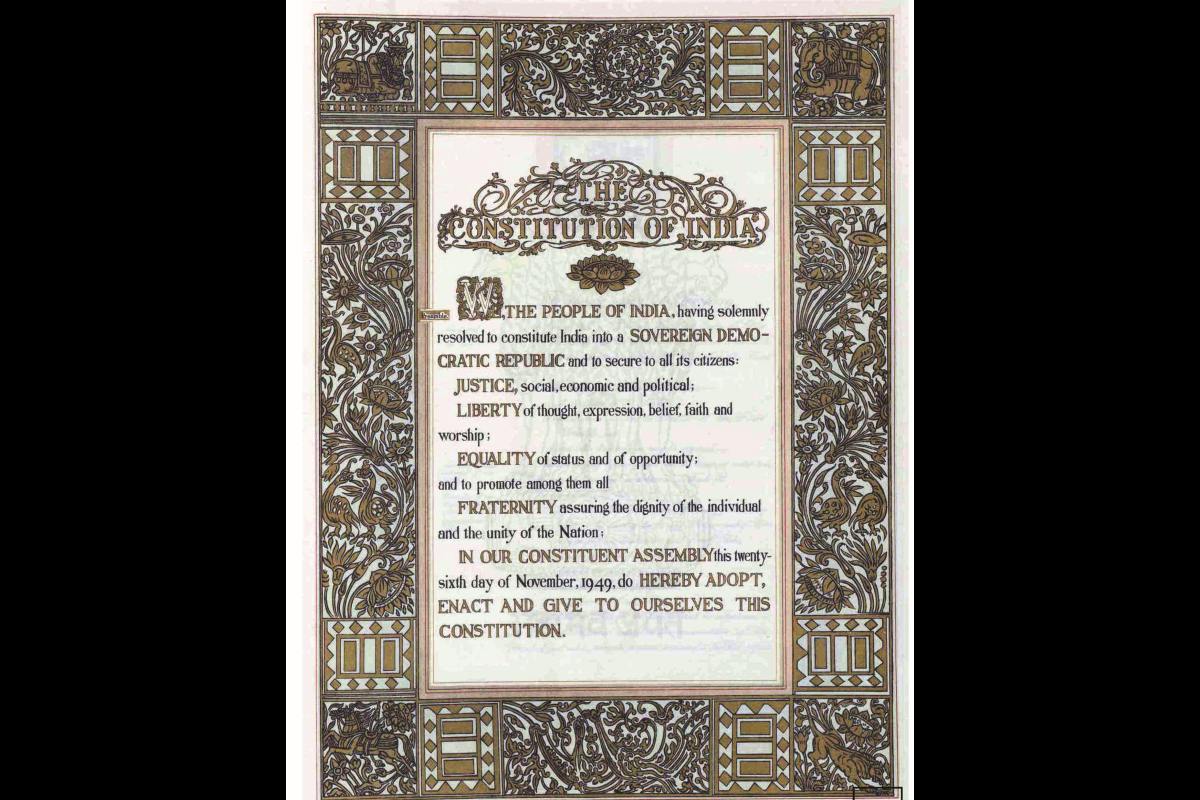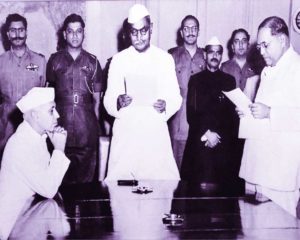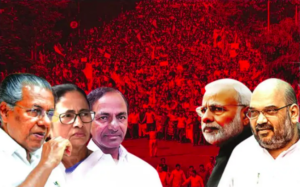Spirit of Constitution
Dr K K Paul | This article was first published in The Statesman on Tuesday, 21 April 2020.
While waiting, for the lights to change at an intersection, one may have observed an occasional driver taking the left slip road and then taking a U turn followed by a left, to continue on his original route. Even though such a manoeuvre does not physically violate the red light but it is wholly incorrect and against the ethics as well as spirit of the rules.
The irony of the situation is that today such liberties are also being taken in respect of the Constitution, where the written provisions are not violated but the exercise is against the spirit of the highest law of the land. We have recently observed the 129th birth anniversary of Dr. BR Ambedkar. His prophetic words while winding up the debate in the Constituent Assembly for the final adoption of the Constitution continue to ring loud, even today.
He had said: “However good a Constitution may be it is sure to turn out bad because those who are called upon to work it ,happen to be a bad lot. However, bad a Constitution may be, it may turn out to be good if those who are called to work it happen to be a good lot. The working of a Constitution does not depend wholly upon the nature of the Constitution.” In this context, the sequence of events in some of the legislative assemblies where a change in the Government has taken place appear to be relevant.
When the anti-defection law was enacted it was included in the Constitution as its Xth schedule precisely for the reason that it should have a greater degree of sanctity and also make it difficult to violate. Experience supported by historical evidence over the last 30 years, however, shows that defections have not only continued; they appear to have become more organized. To recount, by virtue of the 52nd amendment, the Xth schedule was included in the Constitution in 1985.
In the very first test of this law before the Supreme Court in 1992 , its Section 7 was declared as invalid and provided for a judicial review. As the defections continued unabated, it was often observed that the existing law did not have any escape clause for individual defections while group defections, commonly known as splits could be managed. To make such splits somewhat more stringent, the Constitution was again amended in 2004 vide the 91st amendment.
Regardless of these amendments and observations of the Supreme Court, loopholes continue to exist and have been fully exploited. In quite a few of such cases the role of the Speaker, who is expected to be neutral, has also come in for adverse comment. During the last few years, in several cases the defectors had to face disqualification proceedings and enjoying the fruits of defections thus became more difficult.
As such, in order to circumvent the constitutional provisions , instead of defections, an alternate route to achieve the same purpose through submission of en masse resignations has been resorted to. The legislator resigning from his seat recontests the election on a different symbol and gets elected once again to enjoy the fruits of office. While all these steps are perfectly constitutional and legal, it is quite obvious that such a complex manoeuvre is undertaken only to circumvent the Xth schedule of the Constitution.
Surprisingly in respect of a particular assembly the byelections had been notified by the Election Commission of India but later the notification was changed, apparently giving time for the resignations of the legislators to be accepted. Recently, the State Election Commissioner in Andhra Pradesh has been removed through an ordinance, whereby the service conditions and his period of tenure has been changed.
On the other hand, according to Article 243(K) the service conditions cannot be varied to the disadvantage of the incumbent. The existing constitutional procedure for his removal is also the same as in respect of the higher judiciary. By curtailing the tenure of office, removal of the officer has been ensured through an ordinance. As per the Constitution, the Governor has little option as he is bound to approve the ordinance as sent by the state cabinet but then the spirit of the Constitution providing for an independent and an autonomous election commission stands violated.
The former Chief Justice of India, Justice Gogoi, while delivering the annual lecture at CBI headquarters in August 2019, had mentioned the concept of bringing in public order, listed at serial number 1 in the State list ,to the Concurrent list. That, such a proposition where the Central Government could also intervene in the States for maintenance of public order would have far-reaching consequences would have been amply known to the CJI, yet such remarks impacting the federal structure of the Constitution were made at a public forum.
Again, soon after being nominated to the Rajya Sabha, Mr Gogoi mentioned that he would strive for the judiciary and the legislature to work together for nation-building. Such a concept is alien to our Constitution and hits at the independence of the judiciary. In yet another matter, registration of FIRs in cases of rioting, arson and murder were deferred on the grounds that such action would impact the law and order situation adversely.
This again is a case of violation of the principle of rule of law which is the bedrock of the basic structure of the Constitution. Having a written Constitution has several advantages as it provides for constitutional institutions. Such institutions not only have to uphold and strengthen the values enshrined in the Constitution but also have to pilot it through difficult times by acting as the custodian and standing guard.
Such piloting is ensured through various constitutional authorities. On the other hand, absence of such institutions in some countries in our neighbourhood has been responsible for instability and rapid changes in their governments. So far we have been fortunate that our constitutional authorities have by and large adhered to the fundamentals, ethics as well as the spirit of the Constitution but there should be no room for any concessions and short-cuts.
(The writer is a former Governor and a Sr. Advisor at the Pranab Mukherjee Foundation)





